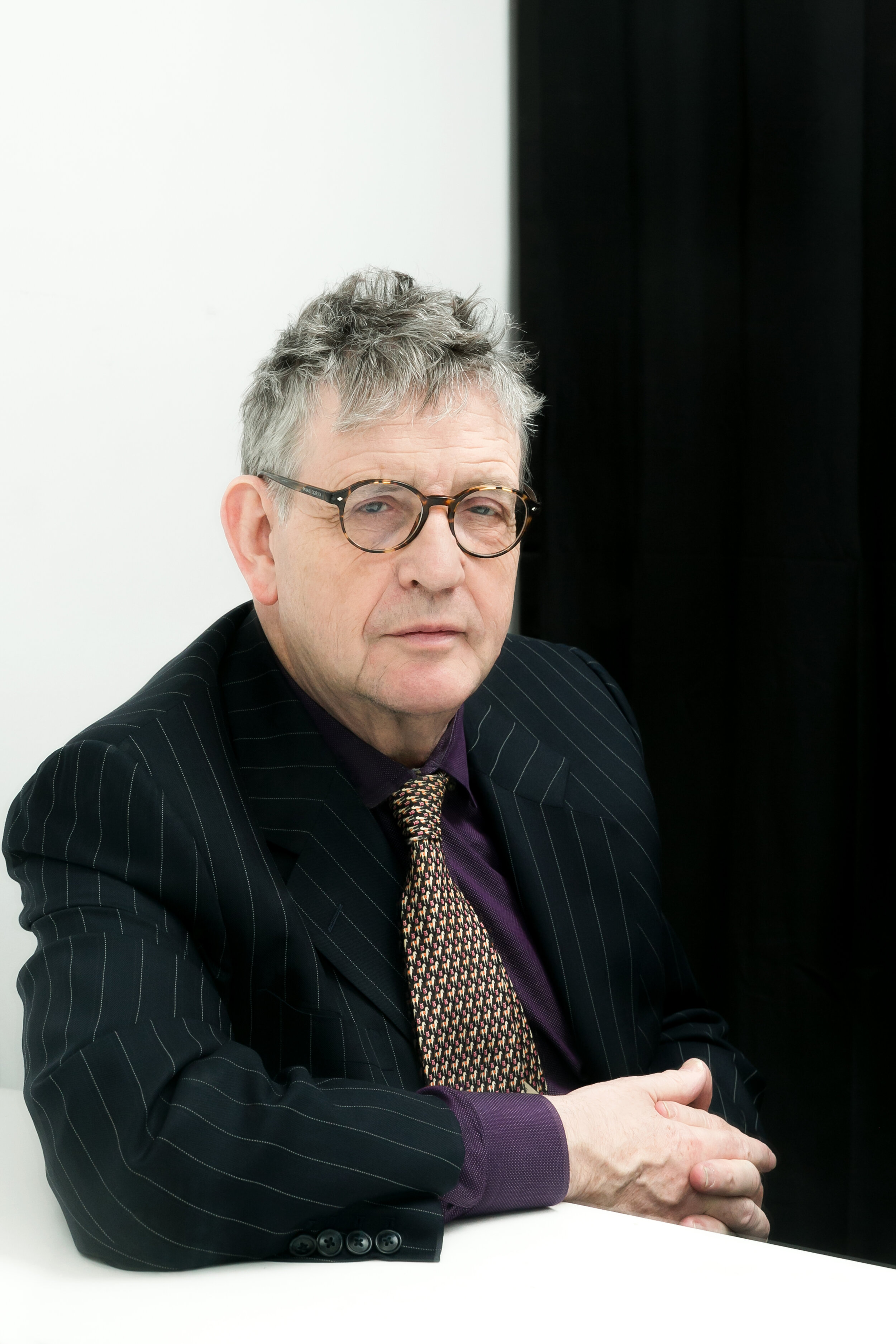Paul Muldoon
“To describe Paul Muldoon’s influence on contemporary poetry is like trying to assess the influence of The Beatles on post-war music: it’s to be seen and heard in the work of almost every British and Irish poet since the 1970’s. ”
Paul Muldoon is an Irish poet and professor of poetry, as well as an editor, critic, playwright, lyricist and translator.
Born in 1951 in Portadown, Co. Armagh, Northern Ireland, to Patrick Muldoon, a farm labourer and market gardener, and Brigid Regan, a schoolteacher, Paul Muldoon was brought up near a village called The Moy on the border of counties Armagh and Tyrone. He is the oldest of three children. After studying at Queen’s University, Belfast, he published his first book, New Weather (Faber) in 1973, at the age of 21. From 1973 he worked as a producer for the BBC in Belfast until, in the mid-1980’s, he gave up his job to become a freelance writer and moved to the United States with his second wife, the American novelist Jean Hanff Korelitz. He now lives in New York City and Sharon Springs, New York. He is the father of two children.
Muldoon is the author of fifteen full-length collections of poetry, including Joy in Service on Rue Tagore (2024), Howdie-Skelp (2021), Frolic and Detour (2019), One Thousand Things Worth Knowing (2015), Maggot (2010), Horse Latitudes (2006), Moy Sand and Gravel (2002), Hay (1998), The Annals of Chile (1994), Madoc: A Mystery (1990), Meeting the British (1987), Quoof (1983), Why Brownlee Left (1980), Mules (1977) and New Weather (1973). He has also published innumerable smaller collections, works of criticism, opera libretti, books for children, song lyrics, and radio and television drama. His poetry has been translated into twenty languages.
Muldoon served as Professor of Poetry at Oxford University from 1999 to 2004 and as poetry editor of The New Yorker from 2007 to 2017. He has taught at Princeton University since 1987 and currently occupies the Howard G.B. Clark ’21 chair in the Humanities. He was the Founding Chair of the Lewis Center for the Arts. In addition to being much in demand as a reader and lecturer, he occasionally appears with a spoken word music group, Rogue Oliphant.
Paul Muldoon is a Fellow of the Royal Society of Literature, the American Academy of Arts and Sciences and the American Academy of Arts and Letters. Among his awards are the 1972 Eric Gregory Award, the 1980 Sir Geoffrey Faber Memorial Award, the 1994 T. S. Eliot Prize, the 1997 Irish Times Poetry Prize, the 2003 Pulitzer Prize for Poetry, the 2003 Griffin International Prize for Excellence in Poetry, the 2004 American Ireland Fund Literary Award, the 2004 Shakespeare Prize, the 2006 European Prize for Poetry, the 2015 Pigott Poetry Prize, the 2017 Spirit of Ireland Award from the Irish Arts Center (NYC), the 2017 Queen's Gold Medal for Poetry, the 2018 Seamus Heaney Award for Arts & Letters, the 2020 Michael Marks Award, and the 2024 Premio di Poesia Sinestetica. He is the recipient of honorary doctorates from ten universities.
Paul Muldoon has been described by The Times Literary Supplement as "the most significant English-language poet born since the second World War." Roger Rosenblatt, writing in The New York Times Book Review, described Paul Muldoon as "one of the great poets of the past hundred years, who can be everything in his poems - word-playful, lyrical, hilarious, melancholy. And angry. Only Yeats before him could write with such measured fury."
